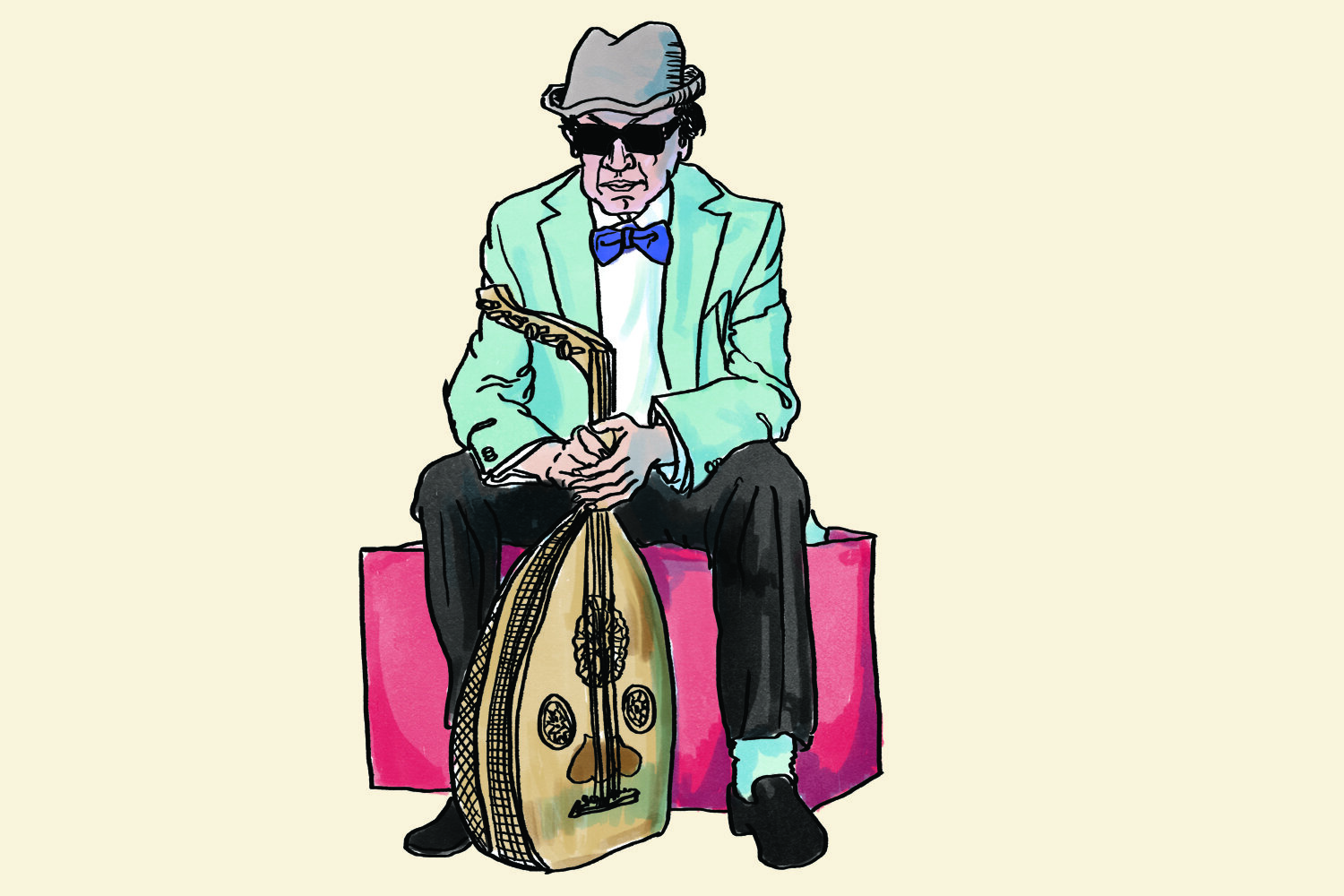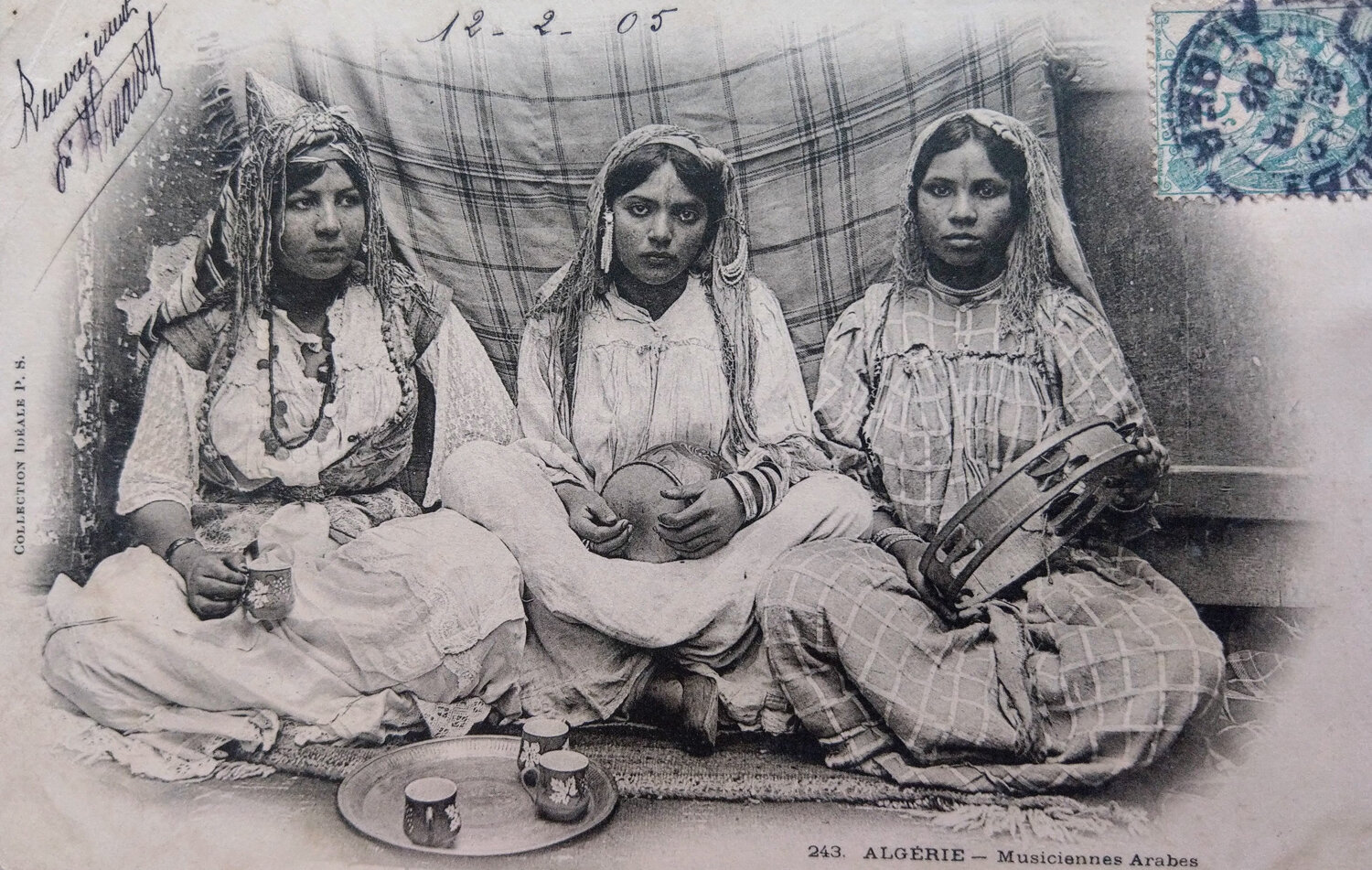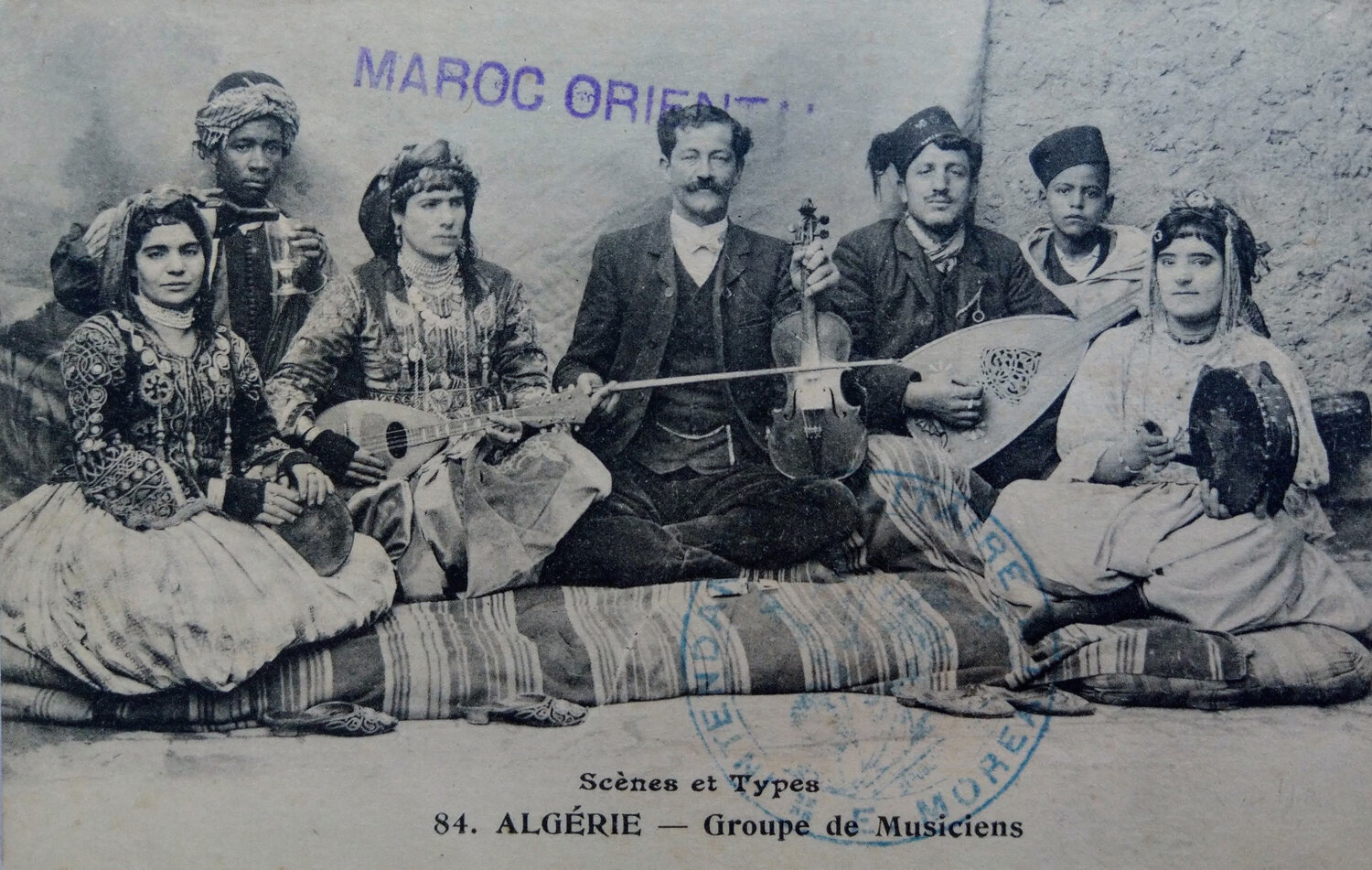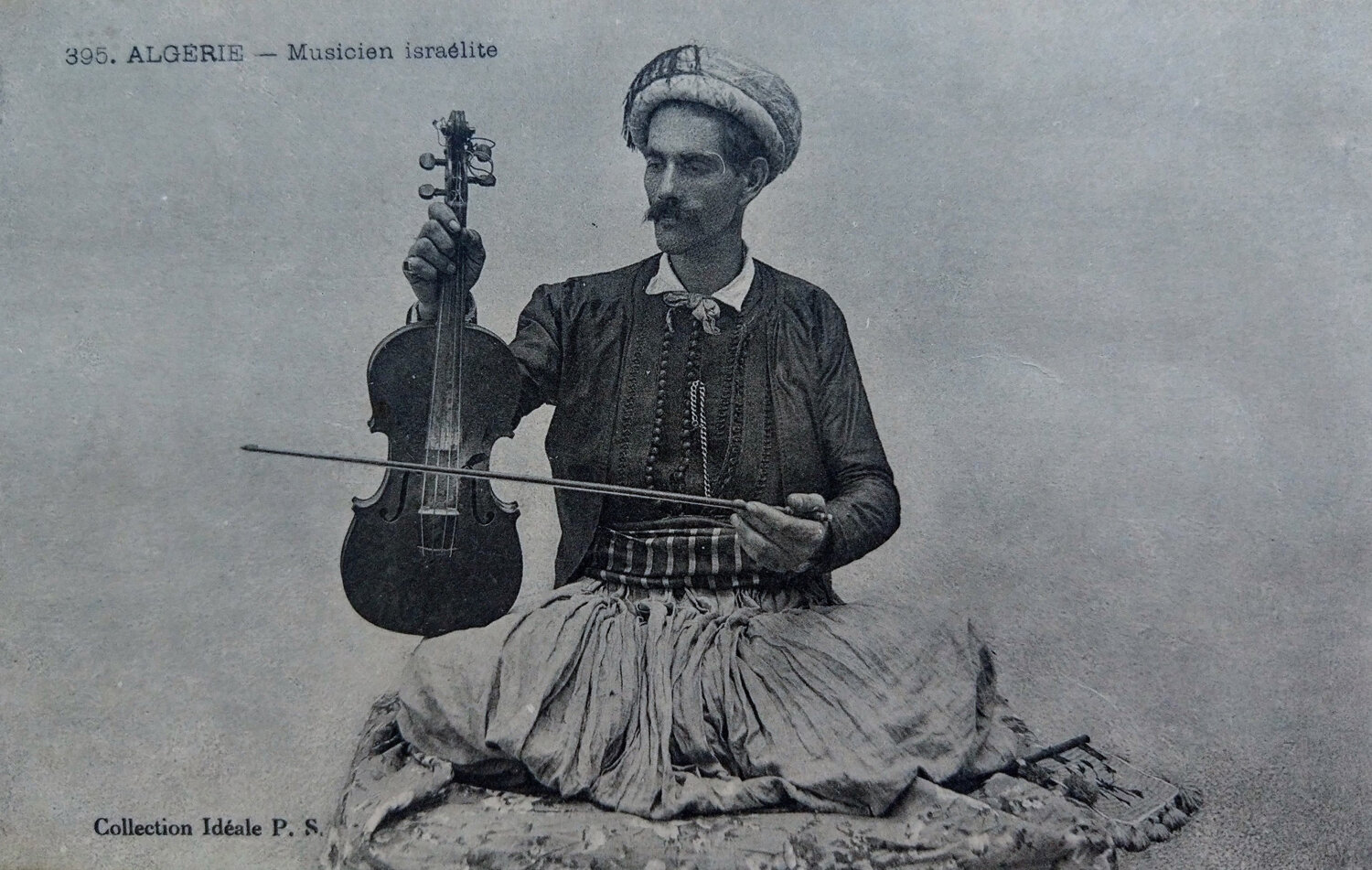In the run-up to an all-new Judeo-Arabic music conference, we examine the footprints of its traditions
For the first time on UK soil, the traditions of Judeo-Arabic music are going to be explored, studied, performed and enjoyed. Thanks to the Jewish Music Institute, the brains behind this initiative, SOAS University in London will play host to Yallah: Judeo-Arabic Music Workshop and Conference. Spread over two days (9-10 Feb), activities include handson classes, thought-provoking panel discussions and plenty of live music that will reveal the journeys these sounds have made across the world over the last 1,000 years.
Take the Baghdadi Jews of Bombay – how did their musical traditions travel from Iraq? And how did early 20th-century postcards of Tunisian Jewish musicians make their way to France? We’ve tackled these curiosities, along with three other highlights from the conference, and plotted their fascinating routes. Of course, this is just a hint at what attendees can expect, but it promises to be an unmissable event for any discerning music enthusiast.
Highlights from Yallah 2020:
HAIM BOTBOL
Paths travelled: Morocco ➔ France ➔ England
Born in Fez in 1937, Haim Botbol is something of a legend in Morocco. He was the favourite artist of former King Hassan II and performed numerous times for the royal family. He now resides in Paris, but is making a rare trip to London to host a singing workshop and to perform in concert with fellow Judeo-Arabic band 3yin.
2pm (workshop) & 7pm (concert), Sunday.
BAGHDADI JEWS IN BOMBAY
Global journey: Iraq ➔ India
In the 18th century, Jewish merchants from Iraq settled in port towns along their routes, taking with them the music from their homes. Sara Mannasseh is one of the children born in Bombay (now Mumbai) after her family emigrated from Baghdad in the late-19th century. Now an ethnomusicologist and musician herself, she’ll be unpacking the story of these Jews.
3pm, Sunday.
POSTCARD EXHIBITION & SEPHARDI VOICES FILM
Global journey: North Africa ➔ France
In the early 20th century, under French Colonial rule, postcards were a popular way of getting news of musicians in North Africa back to the folk in France. Stephen Wilford, research associate at Cambridge University, presents a selection of these postcards featuring Jewish Maghrebi musicians. Also in this hour will be a screening of Sephardi Voices’ film A Life in Focus: Yeheskel Kojaman, about this eminent musicologist.
2pm, Monday.
THE FUTURE OF JUDEO-ARABIC MUSIC
Global journey: Morocco ➔ France ➔ Israel
The closing event tackles the big question for Judeo-Arabic music: what of the future? An expert panel, including keynote speaker Edwin Seroussi (Hebrew University of Jerusalem) and other experts, will reflect on the major movements this Jewish music has taken across the globe (most notably in Morocco, France and Israel) and subsequent iterations of these traditions.
4.30pm, Monday.
THE JOURNEY OF THE FAMOUS RECORD
Global journey: Syria ➔ Germany ➔ Turkey ➔ Israel
Ethnomusicologist Clara Wenz has been researching the musical legacies of Aleppo, tracing the journeys these sounds have taken through the residents who’ve fled war-torn Syria. Specifically recently displaced Jews and previous generations who left between 1940 and 1980. Traverse synagogues, concert halls and cafes to find out how the music of Aleppo made it to places such as Istanbul and Berlin.
4.30pm, Sunday.
By Danielle Goldstein
Illustrations by Thomas Fournier
Yallah: Judeo-Arabic Music Workshop and Conference runs Sunday 9 & Monday 10 February. 9am-10pm (Sun) & 10am-5.30pm (Mon). £72, £40 (Sun), £30 (Mon). SOAS University of London, WC1H 0XG. www.jmi.org.uk
This article also appears in the Jan 2020 issue of JR.








